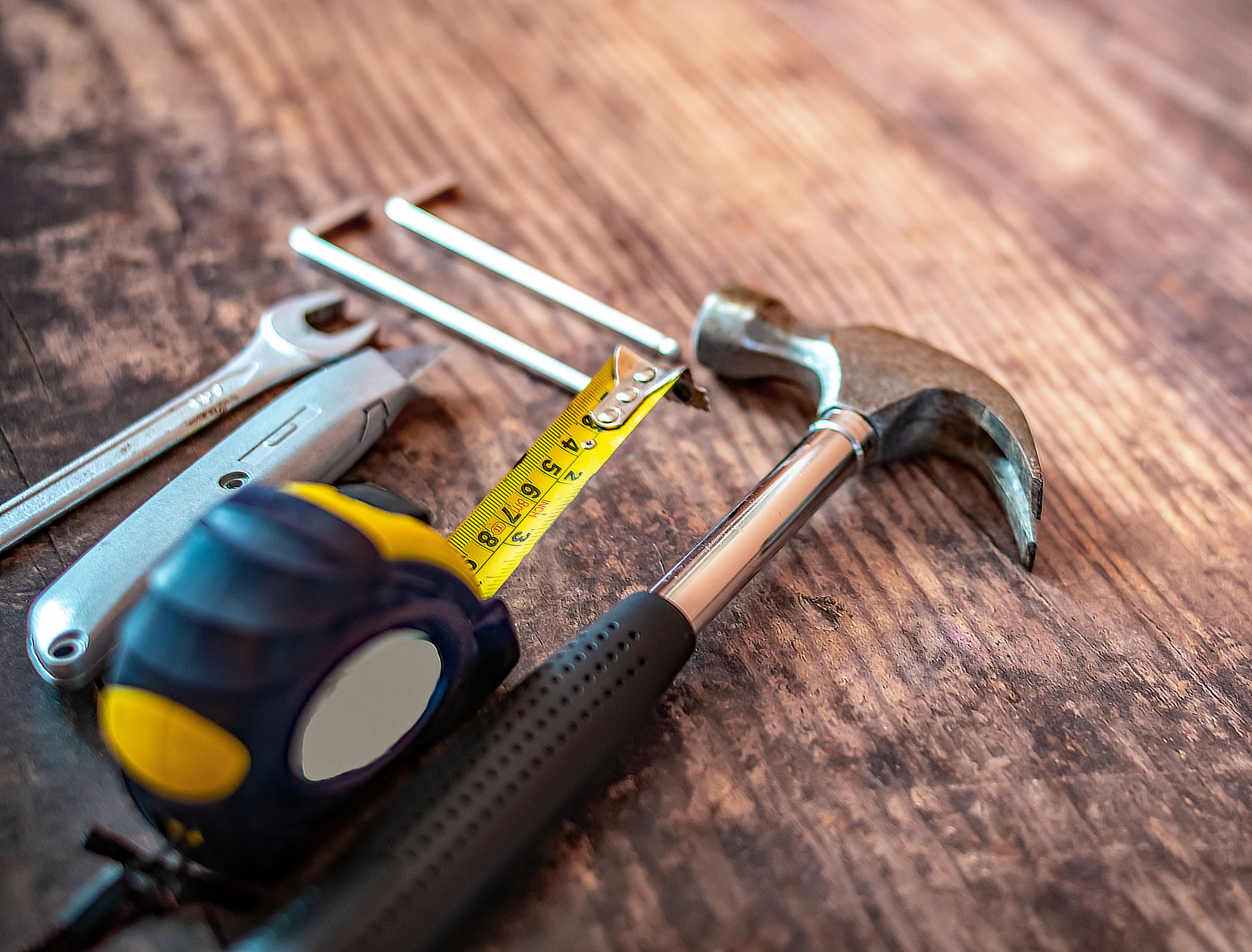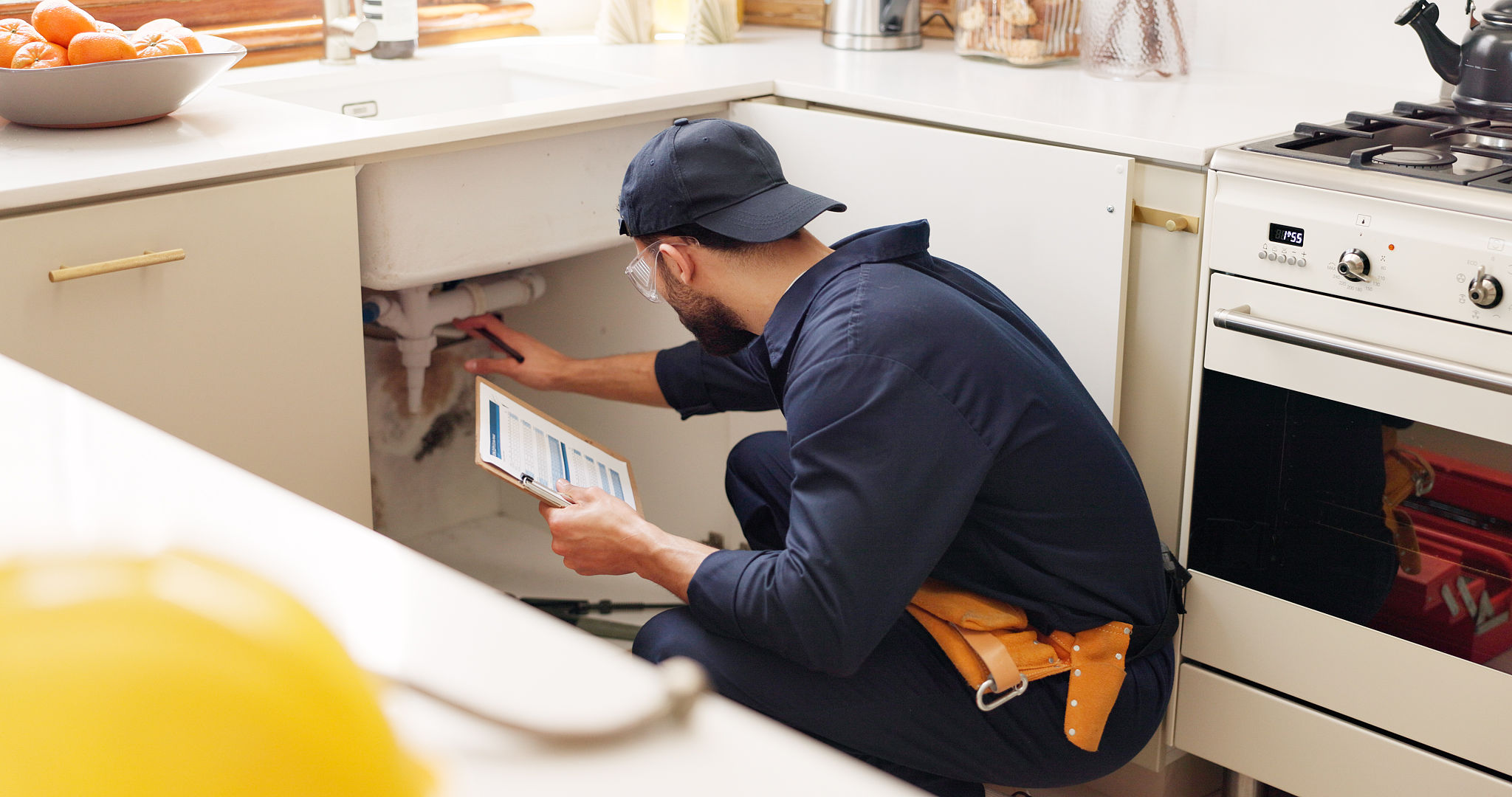How to Spot a Reliable Handyman: Key Traits and Red Flags
Understanding the Importance of a Reliable Handyman
Whether you own a home or manage a property, having a reliable handyman on call is essential for maintaining the value and comfort of your space. A trustworthy handyman can address a wide range of repairs and improvements efficiently and effectively. But how do you ensure you're hiring someone reliable? Recognizing key traits and red flags can help guide your decision.

Key Traits of a Reliable Handyman
When searching for a handyman, certain qualities can indicate reliability and professionalism. Consider the following traits when evaluating potential candidates:
- Experience and Skill: A seasoned handyman possesses a broad range of skills and the ability to handle various tasks. Look for someone with a proven track record in the types of repairs you require.
- Good Communication: A reliable handyman communicates clearly and promptly, providing updates on progress and potential delays. This trait ensures you are always informed about the status of your project.
- Attention to Detail: Quality work often comes down to the details. A meticulous handyman ensures that every aspect of the job is completed to a high standard, preventing future issues.
Signs of Professionalism
Professionalism is another crucial factor in determining the reliability of a handyman. Here are some indicators of a professional approach:
- Punctuality: Arriving on time shows respect for your schedule and indicates reliability.
- Proper Licensing and Insurance: A professional handyman holds the necessary licenses and insurance, protecting both parties in case of accidents or damages.
- Positive Reviews: Consistently positive feedback from previous clients demonstrates a handyman's commitment to quality service.

Red Flags to Watch Out For
Just as important as recognizing positive traits is identifying red flags that may suggest unreliability. Be cautious if you encounter any of these warning signs:
- Lack of References: If a handyman cannot provide references from past clients, it may indicate limited experience or unsatisfactory work.
- Poor Communication: Difficulty reaching the handyman or receiving vague responses might lead to misunderstandings and delays in your project.
- Unclear Pricing: Beware of handymen who provide ambiguous estimates. Transparent pricing helps prevent unexpected costs.
Ensuring Quality Work
To ensure you're hiring a qualified professional, conduct thorough research before making your choice. This involves checking credentials, asking for detailed quotes, and verifying customer feedback. Don't hesitate to ask questions to clarify any uncertainties regarding their expertise or the scope of work.

Building a Long-Term Relationship
Once you've found a reliable handyman, maintaining a good relationship can be mutually beneficial. By providing clear instructions and feedback, you help them understand your expectations, leading to better results. In return, a dependable handyman will prioritize your needs, often offering quicker response times to loyal clients.
In conclusion, selecting a reliable handyman requires careful consideration of their traits and professionalism while being mindful of potential red flags. With this guide, you're better equipped to make an informed decision that will ensure your property remains in excellent condition.